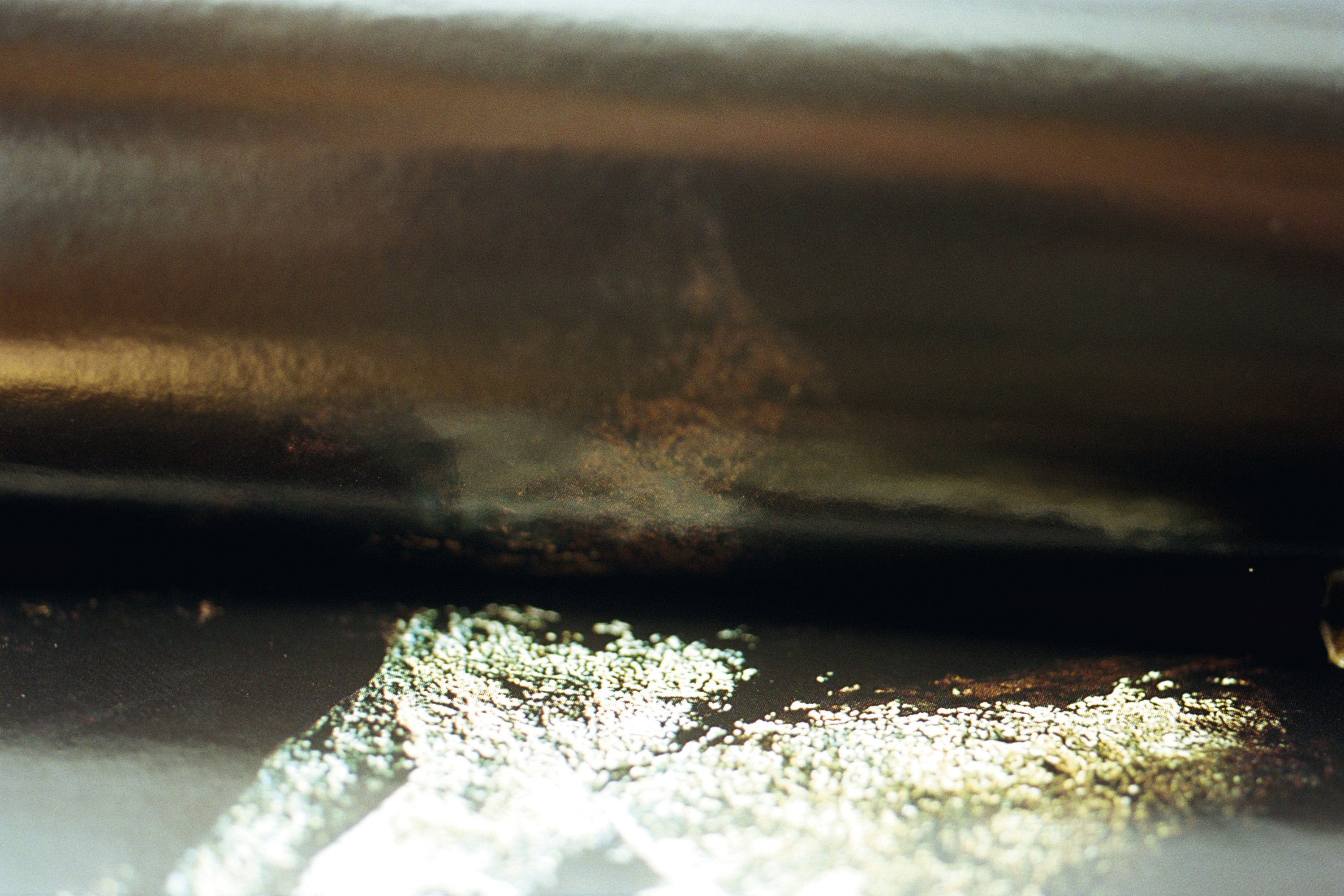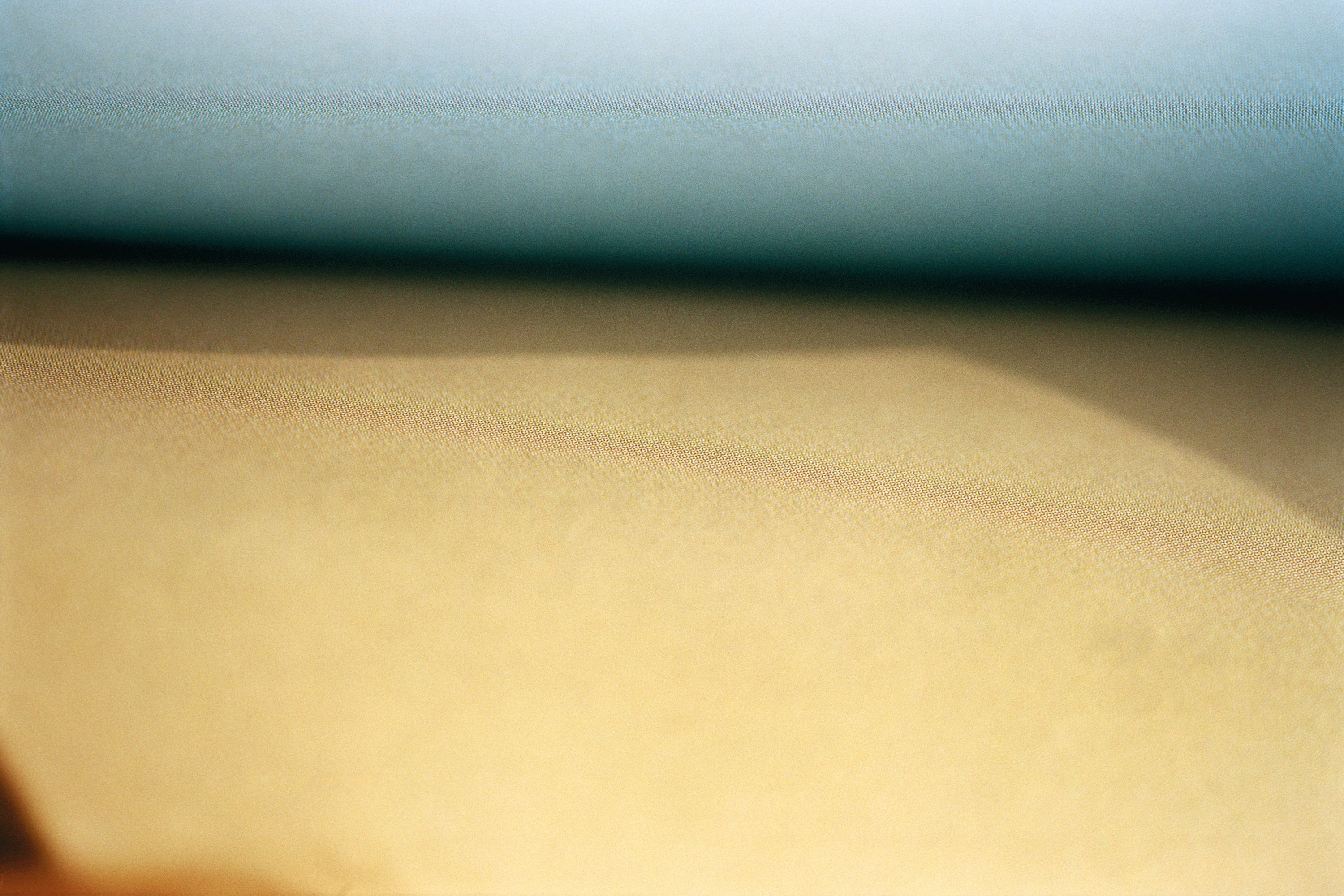Zbigniew Libera
b. 1959, Pabianice
Photographer, creator of installations, videos and scenography, musician, performance artist, and director. He studied education for a year at Nicolaus Copernicus University in Toruń. Considered a leading representative of critical art in Poland, he was active on the Kultura Zrzuty collective scene in Łódź in the 1980s, which was also when he created videos representative of the “embarrassing art” trend. He played with Jerzy Truszkowski in the punk band Sternenhoch. In the 1990s he created his watershed work Lego Concentration Camp, which was debated worldwide. Libera’s oeuvre has always been dominated by photography, although he has also created stage sets for theatrical performances and is a percussion player. In 2008–2009 he was manager of the Open Form Guest Studio at the Academy of Fine Arts in Prague. He is also the director of Walser (2015), a feature film made as part of a competition co-organised by the Museum of Modern Art in Warsaw and the Wajda School. He lives and works in Warsaw.
La Vue
FSP ING 0119
A series of photographs taken with a traditional analogue 135 film camera fitted with a macro lens, showing images, nearly abstract landscapes, created by rescaling the dividing line view for centrefolds in magazines and photographic albums. The title of the series (La Vue) is borrowed from prose by experimental French writer Raymond Roussel, his literary method the chief inspiration here. Just as “language writes itself” in writings by Roussel, with Libera we are witness to the process of looking as such, albeit in both cases we might well expect a journey full of surprises, into a world of whose existence we were not fully aware.
La Vue
FSP ING 0120
A series of photographs taken with a traditional analogue 135 film camera fitted with a macro lens, showing images, nearly abstract landscapes, created by rescaling the dividing line view for centrefolds in magazines and photographic albums. The title of the series (La Vue) is borrowed from prose by experimental French writer Raymond Roussel, his literary method the chief inspiration here. Just as “language writes itself” in writings by Roussel, with Libera we are witness to the process of looking as such, albeit in both cases we might well expect a journey full of surprises, into a world of whose existence we were not fully aware.

